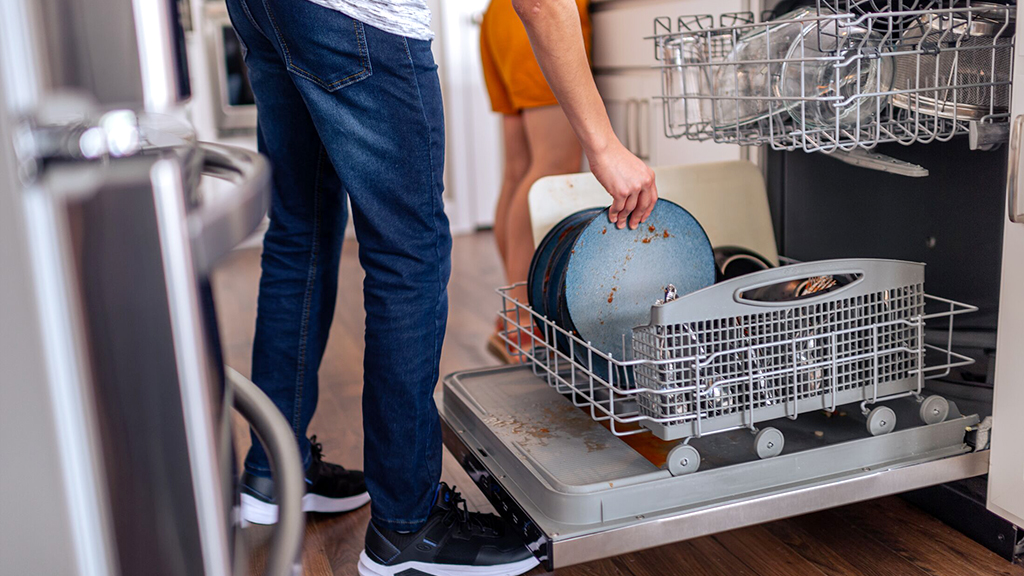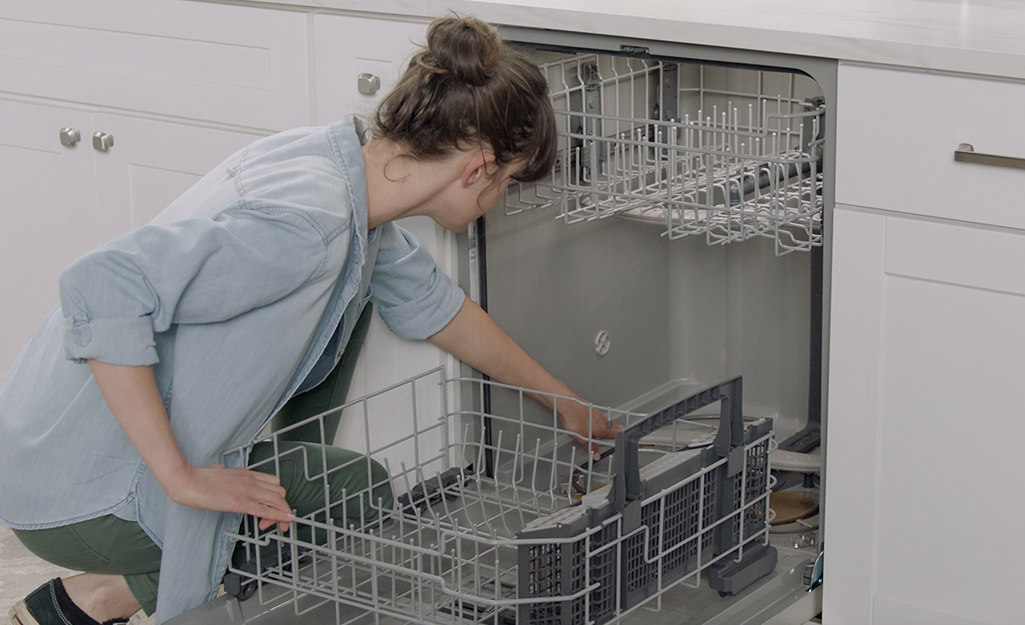Understanding Dishwasher Issues: What You Should Know
Understanding Dishwasher Issues: What You Should Know
Blog Article
This article below on the subject of Common Dishwasher Problems is exceptionally fascinating. Don't skip it.

Having your dish washer breakdown or malfunction can be a big deal and create some discomfort at home. Dishwashing machines are equipments that we make use of to clean meals as well as cutleries instantly to save us the stress of by hand doing it.
Like every other equipment that reduces human initiative, dish washers can break down as well as establish some fault eventually in time. There are numerous faults your dishwashing machine could create, and also while several of them can be resolved by replacing some components or repairing them, various other more extreme flaws will call for that you get a new dish washer.
This short article will certainly recognize a few usual mistakes your dishwashing machine might create to impede its total efficiency as well as exactly how these faults can be resolved.
Common Mistakes
Usual dishwashing machine faults could vary from small to significant ones. Relying on the level, you will either need the solutions of expert plumbing professionals to fix or replace it.
Several of the most usual faults include:
Leaking Dishwasher
This is most likely the most day-to-day dishwasher problem, and fortunately is that it is very easy to determine. Leaks occur because of several factors, and the leakages can ruin your kitchen. Usual sources of dishwashing machine leaks consist of;
Bad-Smelling Dishwashing machine
This is one more usual dishwashing machine issue, and also it is primarily triggered by food particles or grease remaining in the maker. In this instance, look for these fragments, take them out and do the dishes without any dishes inside the equipment. Wash the filter completely. That will certainly aid eliminate the poor odor. Make certain that you eliminate every food fragment from your dishes before moving it to the equipment in the future.
Inability to Drain
Occasionally you might see a large amount of water left in your tub after a wash. That is most likely a drain issue. You can either check the drain tube for damages or blockages. When unsure, contact an expert to have it checked and dealt with.
Does not clean correctly
If your recipes as well as flatwares come out of the dish washer and also still look unclean or unclean, your spray arms may be an issue. In many cases, the spray arms can get clogged, and it will certainly call for a fast tidy or a substitute to function efficiently again.
Conclusion
A few of these common dishwasher faults can be repaired easily in the house, yet in many cases, the faults could be enormous and also might call for the attention of experts. If you live in Rochester, Syracuse, as well as various other parts of America, let the experts correctly detect what could be wrong with your dishwasher and proffer a solution.
We additionally mount dishwashing machines if you simply acquired a new one or plan to change your very own. With our many years of experience in the sector, we are sure to provide you the most effective possible services.
7 Common Dishwasher Problems (and How to Fix Them)
Dirty, smelly, possibly covered in cheese. Is there anything more frustrating than opening the dishwasher only to find the dirty dishes are still there?! I mean, the main reason you buy a dishwasher is so you don’t have to deal with dirty dishes. C’mon dishwasher, you had one job.
A little maintenance goes a long way when it comes to appliances, but the truth is nothing lasts forever (sadly). That doesn’t mean it’s hopeless, though. With a handful of simple tricks, you can fix some of the most common dishwasher problems and bring that sparkle back into your dishwasher and back into your life.
My Dishes Are Still Dirty
This is at the top of a list for a reason. Dirty dishes are common and frustrating. Easy fixes first; check if your dishwasher has a manual filter and make sure that it’s clean and clear of debris. Then, as you load your dishwasher, make sure that the spray arms can rotate freely, spraying water throughout the drum. If they’re blocked or obstructed, you won’t be getting optimal cleaning performance. If the problem continues, check if your spray arms are clean and moving freely as grease and food particles can prevent them from spinning.
Also, stop pre-rinsing your dishes! Modern dishwashers use sensors to determine the soil level of the dishes. If you rinse them off too much, your dishwasher may select a shorter cycle than is necessary. Modern detergents also use enzymes that activate when they come in contact with food particles. If you remove the particles, your detergent will be less effective too.
My Dishes Aren’t Drying
The easiest fixes here are to add Rinse Aid to your dishwasher when you start the load to assist drying, and to make sure you don’t stack plastic against plastic or other hard to dry materials. It’s also a good idea to open the dishwasher door when the cycle is complete to release steam and prevent condensation from settling on your dishes (some higher-end machines even open automatically). If your dishwasher has a heating element, you may have to check if it is working properly. Check also the fan if your dishwasher has a stainless steel tub that uses blown radiant heat to dry.
My Dishwasher Smells Bad
If your dishwasher smells bad, make sure your filter and screens are cleaned of any grime and food residue. Check the spray arms and gasket on the door to make sure there’s no grease or food waste there as well. If you’ve done that, then it may just be time to sanitize the drum. Place a small bowl with vinegar in the upper basket of your empty dishwasher and run the sanitize cycle (or the hottest cycle you’ve got) to blast away bad odours.
My Dishwasher Won’t Start
If your dishwasher won’t start there’s often an electrical problem, and if you’re lucky that means there’s a very easy fix. Ask yourself, have I tried turning it off and on? If not, then do that. If it’s still not working, try unplugging and re-plugging in the machine and double-check your breaker to make sure power is feeding the unit. If it’s a mechanical problem, then it may be that your door isn’t latching properly and a simple realignment will get things sorted out.
My Dishwasher Won’t Fill
If possible, check your intake valves and make sure that the screen is clear and that there’s no blockage obstructing water flow. If that’s not it, then the float and/or float switch located at the bottom of the drum could be the problem. Make sure that the electrical connections are intact and that the mechanism hasn’t been damaged or blocked in any way.
https://www.wardells.ca/blog/7-Common-Dishwasher-Problems--and-How-to-Fix-Them-

I found that post about Common Dishwasher Problems when doing a search on the web. Make sure you take the opportunity to promote this post if you enjoyed it. We enjoy reading our article about The Most Common Dishwasher Problems.
Dial instantly! Report this page